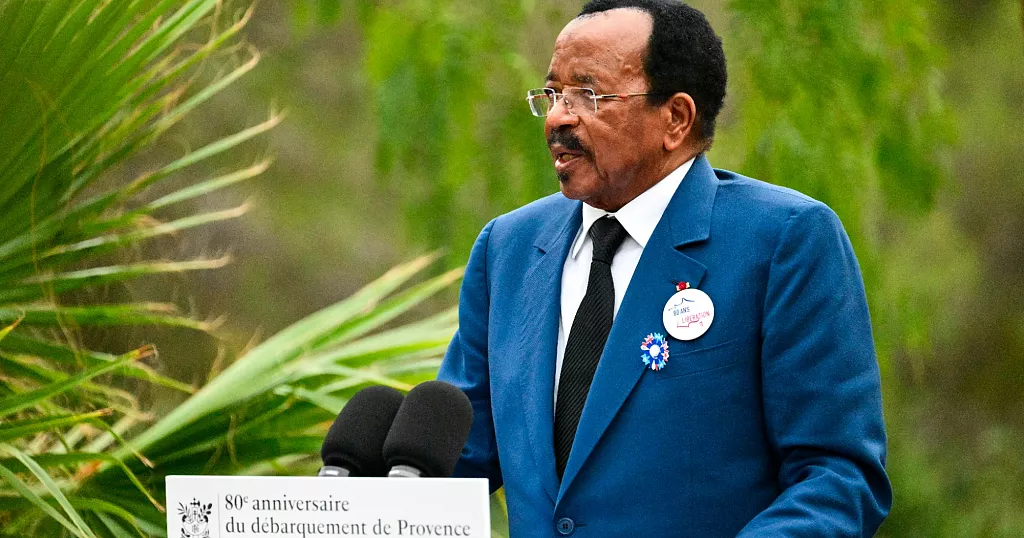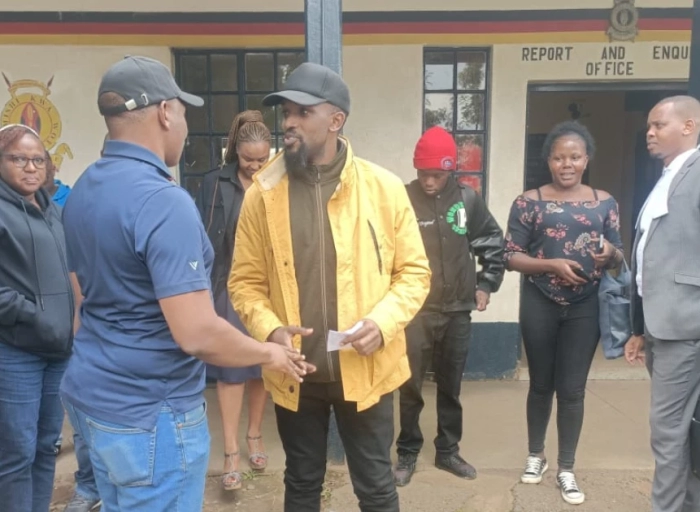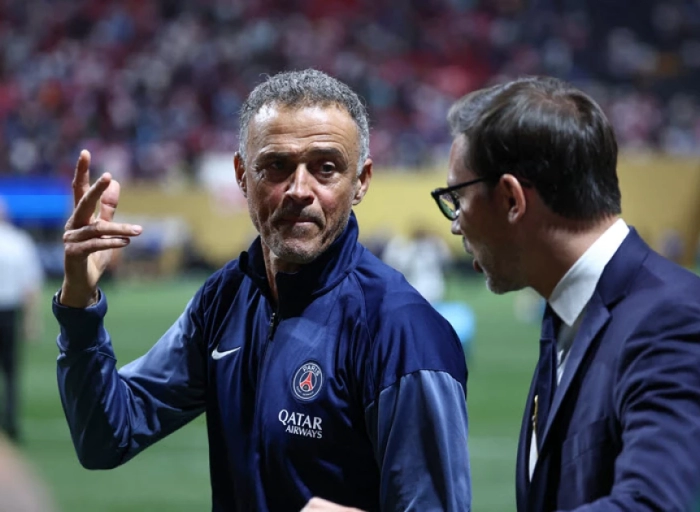Cameroon will hold its presidential election on October 12, as announced in a decree signed by President Paul Biya on Friday. The election will determine the future leadership of this Central African nation of nearly 30 million people, which plays a key role in the regional economy through its cocoa and oil exports.
In line with the electoral code, presidential hopefuls have 10 days to submit their candidacies following the official convening of the electoral college. However, all eyes remain on President Biya—the world’s oldest sitting head of state at 92 years old—who has not yet declared whether he will seek another term.
Biya has been in power since 1982, following a 2008 constitutional amendment that abolished presidential term limits. In the last election held in 2018, he won over 70% of the vote, though the process was criticized for widespread irregularities and a depressed voter turnout due to persistent violence in the country’s Anglophone regions and northern areas affected by jihadist threats.
Despite his advanced age and frequent absences due to health reasons, Biya continues to dominate the political landscape. In 2023, rumors of his death circulated widely, forcing the government to issue a rare public denial.
The opposition continues to face intense pressure. Maurice Kamto, Biya’s most prominent challenger, has been actively campaigning across the country despite frequent police interference. Most recently, upon returning from a European tour, Kamto was blocked by security forces from leaving his party headquarters in Douala, where he had planned a series of public rallies.
This upcoming election could mark a pivotal moment in Cameroon’s history. Since gaining independence, the country has only been led by two presidents—one from the Christian south and another from the Muslim north—raising hopes among many citizens for a democratic renewal and more inclusive governance.



